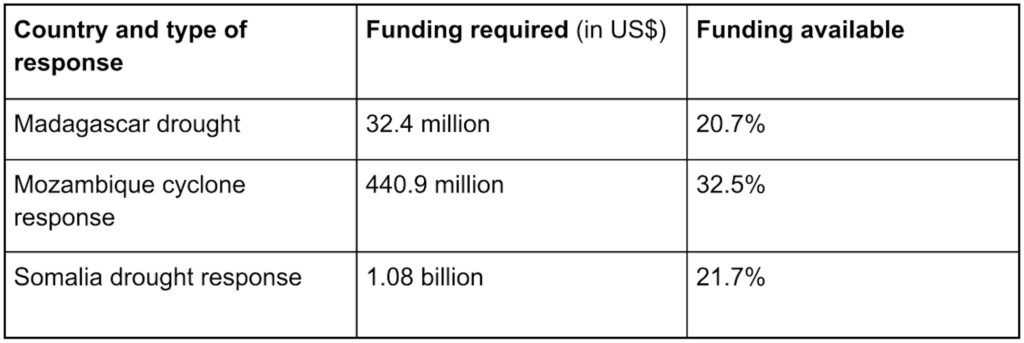You Couldn’t Even Agree on a Deadline…
What’s at the heart of the Paris Agreement? For ECO, it is the NDCs. In Katowice, Parties discussed many topics related to the structure and content of NDCs and reached agreement on some items, such as the information necessary for clarity, transparency, and understanding. However, there’s a glaring gap – what will be the time periods for the NDCs?
Yes, Parties agreed to apply common time frames for those NDCs to be implemented from 2031 onward. But the most important outstanding issue – the length of the time frames — is still outstanding! Given the range of divergent views, ECO knew Parties wouldn’t agree on that substantive issue here but hoped that Parties would at least be able to set a deadline for a decision. Alas, no decision…!
ECO reminds delegates that a substantive outcome on this issue in Santiago is necessary. Planning an NDC can be a lengthy process and it is crucial that Parties know early on what the timeframe is going to be. There is no reason to delay a decision. Let’s be honest, we all procrastinate on our homework until we have a deadline that gets us to buckle down and accelerate our work.
And (in case you’ve forgotten since Saturday’s issue), ECO firmly believes a single five-year time frame is the best solution to avoid locking in low levels of ambition, harnessing rapidly evolving real-world opportunities, and synchronizing better with five-year cycles of the broader Paris climate regime (i.e.,
... Read more ...

